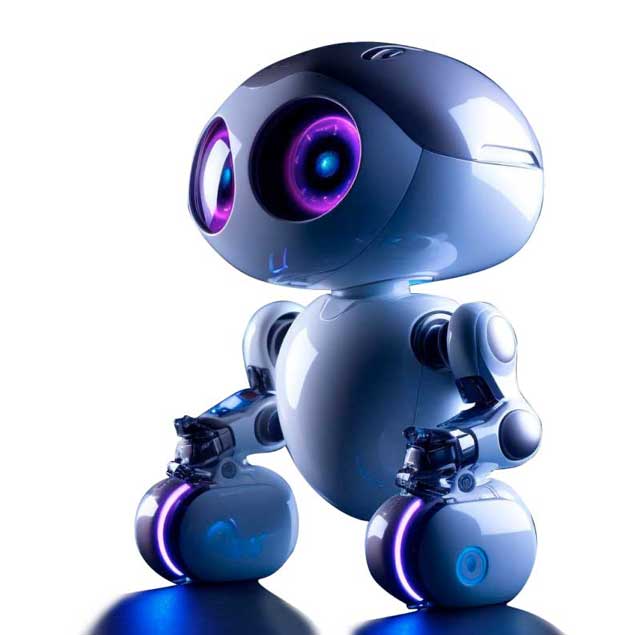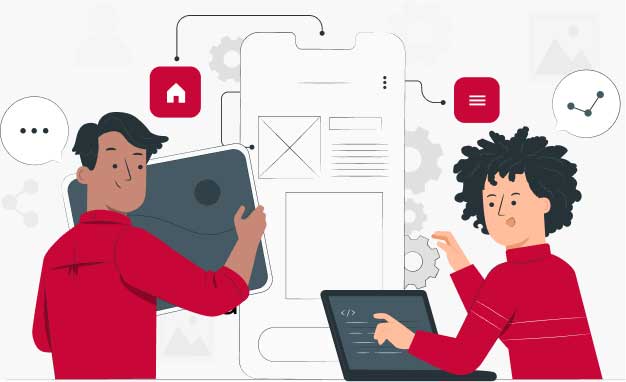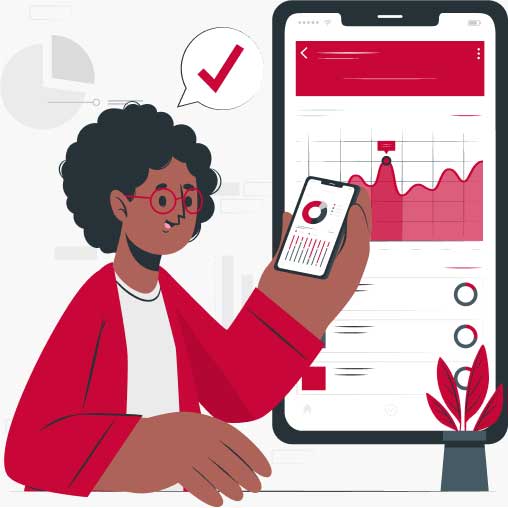

Artificial Intelligence (AI) has seamlessly integrated into our daily lives, revolutionizing the way we interact, work, and experience the world. From virtual assistants managing our schedules to autonomous vehicles redefining transportation, AI’s real-world applications are vast and transformative. In this blog, we’ll explore how AI is shaping our daily routines, its role in industries, and the potential it holds for the future.
AI is no longer a futuristic concept; it has become an integral part of our everyday activities. Let’s look at how AI is making a difference:
Your Daily Companions Virtual assistants like Siri, Alexa, and Google Assistant have made managing daily tasks more efficient. They can set reminders, answer queries, control smart devices, and even offer personalized recommendations based on user preferences.
AI is improving healthcare by enabling early disease detection, personalized treatments, and efficient patient care. Wearable devices like Fitbit and Apple Watch monitor health metrics, alerting users about potential risks. Additionally, AI-powered diagnostic tools assist doctors in identifying conditions faster and with greater accuracy.
Online shopping platforms leverage AI to provide personalized product recommendations, optimize inventory, and streamline logistics. Chatbots enhance customer service by resolving queries and providing support round the clock.
AI-powered tools provide personalized learning experiences, identify students’ strengths and weaknesses, and suggest tailored resources. Platforms like Duolingo and Coursera adapt their content based on user progress.
AI in finance helps detect fraudulent activities, predict market trends, and automate customer support. Robo-advisors assist users in managing investments efficiently.
AI-driven technologies like drone monitoring, predictive analytics, and smart irrigation systems are revolutionizing farming practices, leading to increased productivity and sustainability.
Passionate about exploring new ideas, we create solutions that inspire others to think differently.
Despite its advantages, AI poses ethical and social challenges:
The automation of repetitive tasks has led to concerns about job losses. While AI creates new roles, it also necessitates upskilling and adaptability.
As AI technology continues to evolve, its future applications are promising. Innovations such as brain-computer interfaces, augmented reality (AR), and advanced robotics are set to redefine human interaction with technology. In healthcare, AI could potentially enable real-time disease monitoring and robotic surgeries. In education, AI could bridge learning gaps in underprivileged regions.


AI has undeniably become a cornerstone of modern life, enhancing convenience, productivity, and innovation across sectors. Its applications in healthcare, education, transportation, and beyond demonstrate its potential to address real-world challenges effectively. However, as we embrace AI, it’s essential to address its ethical implications to ensure a future that benefits everyone.